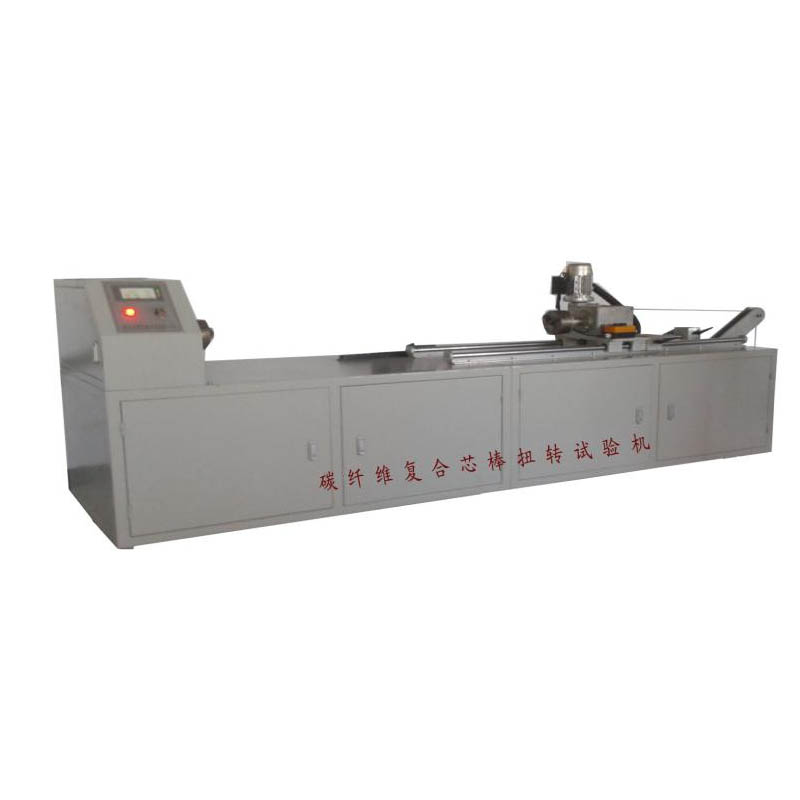Advanced Techniques for Analyzing and Measuring Precision in Digital Profile Projectors Applications
Understanding Digital Profile Projectors A Key Tool in Precision Measurement
In today's increasingly digitalized world, the demand for precise measurement and quality control across various industries has never been greater. Digital profile projectors play a pivotal role in meeting this demand, serving as essential tools for engineers, manufacturers, and quality assurance professionals. This article explores the concept, functionality, and advantages of digital profile projectors, emphasizing their importance in modern manufacturing and quality control processes.
What is a Digital Profile Projector?
A digital profile projector, also known as a shadow graph or profile projector, is an optical measuring instrument used to magnify and display the profile of an object. The tool projects the silhouette of a test piece onto a screen or digital display so that operators can analyze its dimensions with exceptional accuracy. With advancements in technology, modern digital profile projectors integrate digital measurement systems, offering features such as image processing, data logging, and automated measurements.
How Does It Work?
The operation of a digital profile projector is relatively straightforward. The part to be measured is placed on a stage, which typically has adjustable positioning for optimal alignment. A light source illuminates the object, casting its shadow onto a screen. The image is then magnified, allowing intricate details of the profile to become visible.
In digital versions, advanced camera systems capture the projected images, which are processed by software that can measure various dimensions, angles, and tolerances. The user interacts with the device through a digital interface that displays the measurements in real-time, facilitating immediate analysis and quick decision-making.
Applications and Industries
Digital profile projectors are versatile tools found across numerous industries. They are commonly used in precision engineering, quality control, manufacturing, and educational settings. In automotive and aerospace manufacturing, for example, they help ensure that parts meet stringent specifications critical to safety and performance.
digital profile projectors

Furthermore, they are invaluable in the production of mechanical components, electronics, and medical devices, where precise dimensions are crucial. Quality control departments utilize these instruments to perform inspections and guarantee that each item meets the required standards before it moves further along the production line.
Advantages of Digital Profile Projectors
1. High Precision The primary advantage of digital profile projectors is their ability to provide extremely precise measurements. This is particularly important in industries where even slight deviations from specifications can lead to critical failures.
2. User-Friendly Interface Modern digital projectors often come with intuitive interfaces that simplify the measurement process. Operators can easily navigate through options and configurations, reducing the learning curve and increasing productivity.
3. Data Management Many digital profile projectors can store measurements and graphically display data trends over time. This feature allows for systematic tracking of quality and facilitates compliance with regulatory standards.
4. Versatility Digital profile projectors can measure various geometries, making them suitable for a wide range of applications, from simple profiles to complex shapes.
5. Automation and Efficiency With features such as automatic height measurement and contour checking, digital profile projectors help enhance operational efficiency, allowing organizations to reduce measurement times and focus on improving their production processes.
Conclusion
Digital profile projectors represent a fusion of traditional measurement techniques with modern digital technology, offering enhanced functionality and precision. As manufacturing processes continue to evolve, these instruments are likely to remain integral to quality assurance systems, ensuring that products meet the highest standards of accuracy and reliability. Their ability to streamline inspection processes and provide detailed measurements makes them indispensable tools in today’s precision-driven industries. Embracing this technology is not just about keeping up with trends; it's about advancing quality and ensuring excellence in every aspect of production.
-
The Role of Tensile Force Testers in Quality Control and Material Science
NewsAug.01,2025
-
Maintenance and Safety Tips for Aging Ovens
NewsAug.01,2025
-
Density Balance in Forensic Science
NewsAug.01,2025
-
Advanced Optical Measurement Technologies
NewsAug.01,2025
-
A Buyer’s Guide to Tensile Test Machines
NewsAug.01,2025
-
Why the Conductor Resistance Constant Temperature Measurement Machine Redefines Precision
NewsJun.20,2025
 Copyright © 2025 Hebei Fangyuan Instrument & Equipment Co.,Ltd. All Rights Reserved. Sitemap | Privacy Policy
Copyright © 2025 Hebei Fangyuan Instrument & Equipment Co.,Ltd. All Rights Reserved. Sitemap | Privacy Policy
